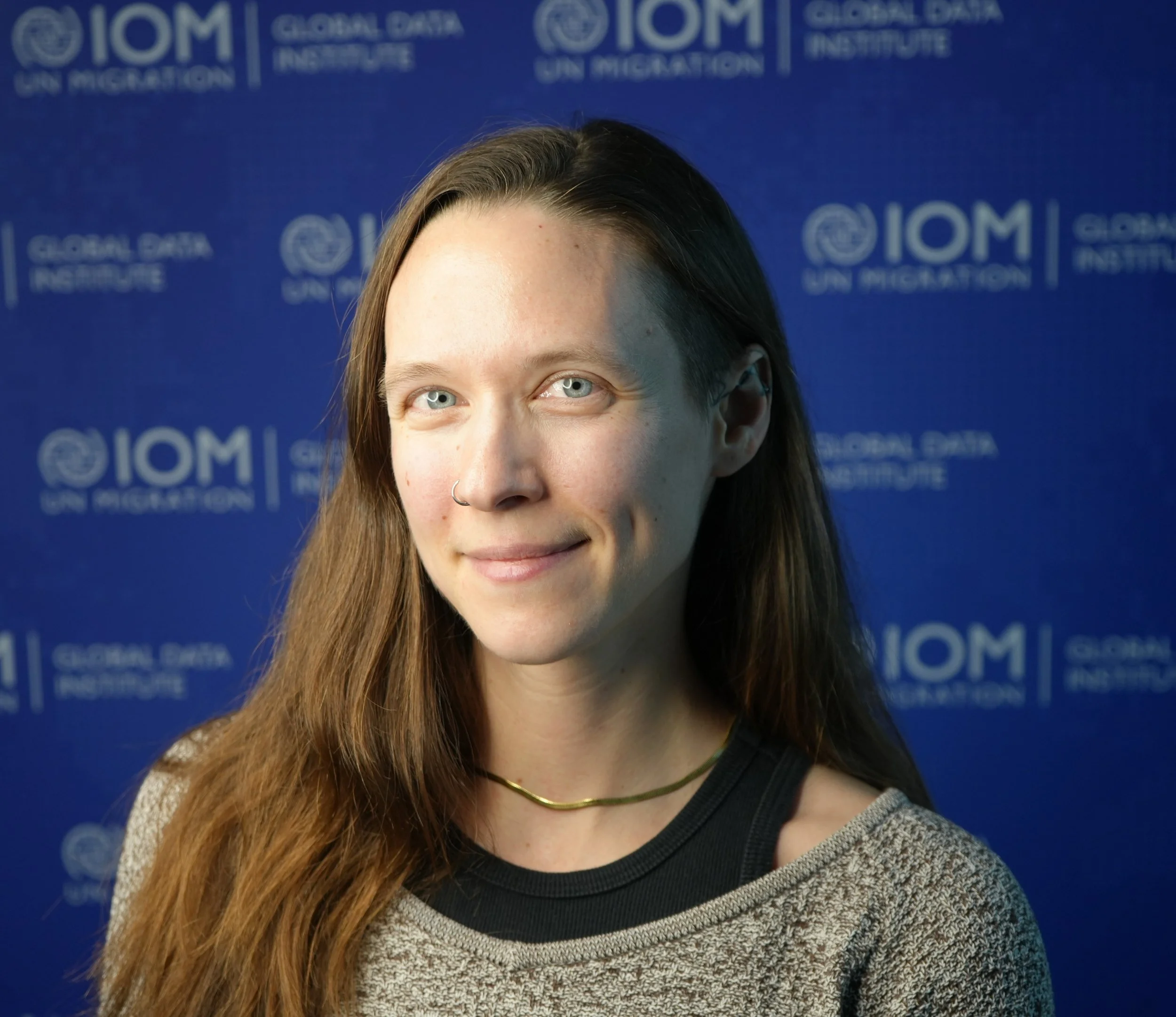About me
In 2021, I moved to Berlin with a clear goal: to advocate for the communities I had spent my twenties and thirties working alongside. My professional path has been shaped by collaboration with political prisoners, incarcerated individuals, people living with chronic and untreatable illnesses, and sex workers organizing for racial and gender equity.
I earned my Master’s in Public Policy from the Hertie School in 2024, with a strong focus on policy analysis using R. My research centered on how public policy impacts communities often excluded from or misrepresented in quantitative data. My masters thesis used Multiple Systems Estimation to estimate the “true” number of migrants who had died on the US border from 2014-2017. I fell in love with ArcGIS Pro during my study abroad at UCLA, where I learned to make maps and analyze spatial information. Then I learned how to do the same in R and QGIS.
After my first year at Hertie, I joined the International Organization for Migration’s (IOM) Missing Migrants Project as an intern, and later became a staff member. Our team collects and publishes global data on migrant deaths and disappearances, working to bring transparency and accountability to an often-overlooked humanitarian crisis. My work emphasizes data collection and analysis in the United States and Europe, using open-source investigative (OSINT) methods—skills I developed while volunteering with the founding cohort of the Hertie School Digital Verification Corps, part of Amnesty International’s Digital Verification Corps network.
Prior to graduate school, I served as Administrative Director for the Haymarket Pole Collective, a group of sex workers advocating for racial and gender equity. Earlier in my career, I worked as a cannabis science writer and editor, contributing to publications including Broccoli Magazine and Project CBD. I was also an apprentice shoemaker. Which is different than a cobbler.
Short Bio
Zoe Sigman is a data analyst and researcher focused on how policy impacts marginalized communities—especially those underrepresented in quantitative data. They hold a Master’s in Public Policy from the Hertie School and currently work with IOM’s Missing Migrants Project, using open-source investigative methods to improve data on migrant deaths in the U.S. and Europe. Their background includes work in harm reduction, sex worker advocacy, and science journalism.
